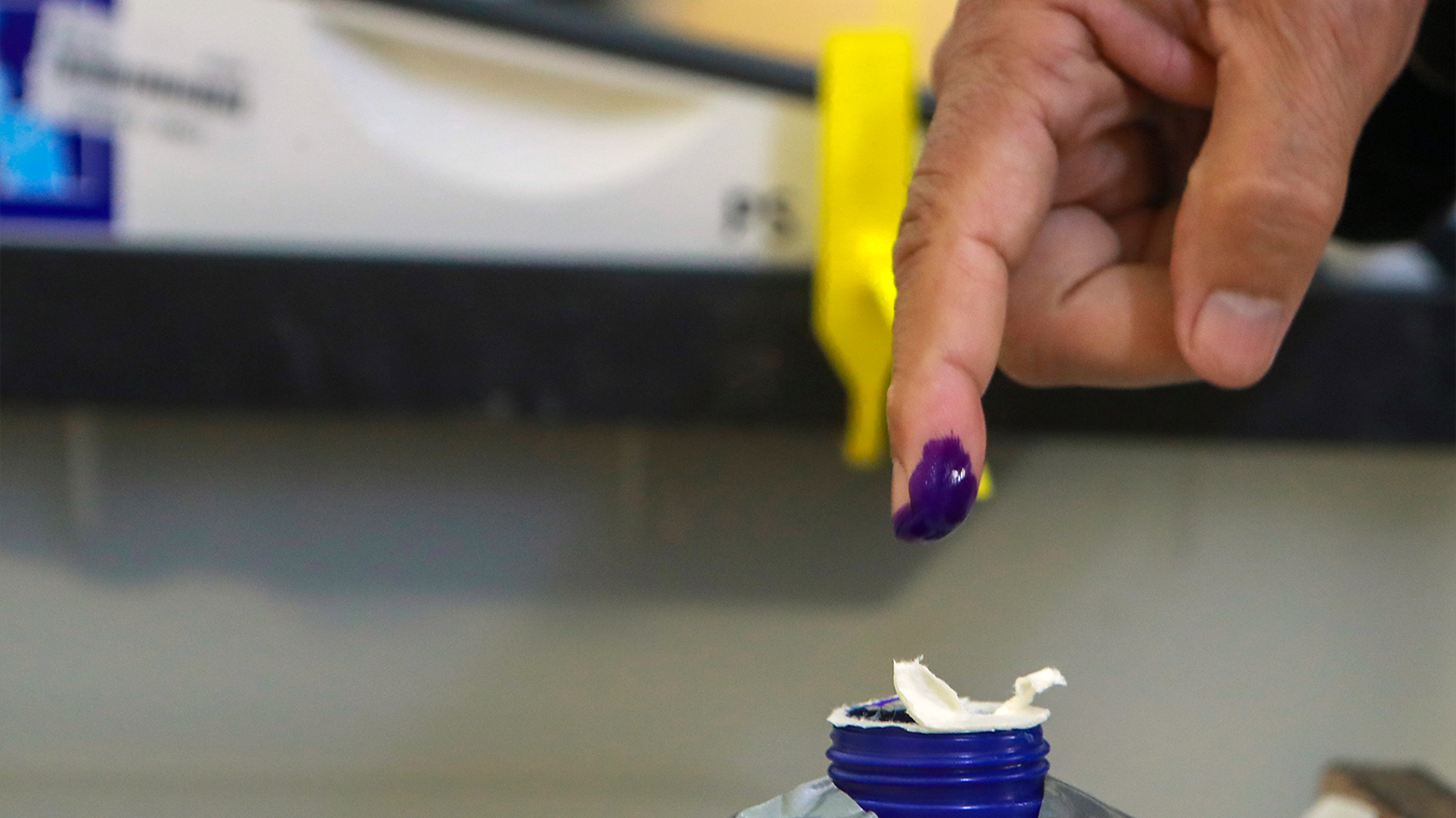Food Handouts and Patronage Deals: The Price of a Vote in Iraq
Iraqi election campaigns are criticized for distributing food, a tactic observers call "belittling." This is part of a wider pattern of corruption, including vote-buying and misuse of state resources, that undermines public trust in the country's democratic process.

ERBIL (Kurdistan24) — As Iraq’s political landscape gears up for another election cycle, some candidates have resorted to distributing food meals and hosting social banquets to woo voters, a tactic that has been met with anger and ridicule from citizens and condemnation from observers who label it a method of "belittling" the Iraqi electorate. This practice, while not new, highlights a persistent undercurrent of patronage politics that critics argue is part of a broader, systemic pattern of electoral manipulation that continues to undermine Iraq’s democratic process.
In a recent report, Kurdistan24 found that the distribution of food as a campaign tool has become a visible, if controversial, strategy.
Atheer al-Sharaa, an election observer and candidate, told Kurdistan24 that such methods are fundamentally disrespectful to the voter. "Any candidate who deals with citizens through food is belittling Iraqi citizens, because today the Iraqi citizen is more aware, and it is not acceptable to try to gain their trust with that mentality," he stated, adding that some candidates mistakenly believe "a food basket, a meal, or false promises will have an effect on the Iraqi voter!"

In past elections, candidates who placed their list numbers on food trays became subjects of public scorn.
When questioned on the matter, the Independent High Electoral Commission (IHEC) appeared to avoid a direct condemnation, with Nibras Abu Suodeh of the commission's media department only offering a general assurance that they are monitoring all violations.
"Everything that is published in the media and on social networks... reports of these cases are submitted to the commission, and anyone who has violated the law will face punishment," she said.

This practice is not an isolated phenomenon but rather one facet of a deeply rooted culture of electoral malpractice that has plagued Iraq for years. Concerns over the integrity of the upcoming vote have been voiced at the highest levels.
In a recent statement cited by Kurdistan24, senior Kurdistan Democratic Party (KDP) official Hoshyar Zebari warned that the elections risk being marred by the misuse of state resources. He accused political actors of exploiting their positions by "offering projects and contracts to certain businessmen" and "adding names to social welfare lists draining the country’s economy."
Zebari alleged that massive sums are being funneled to candidates and that some groups are "buying voter cards from citizens," leading him to conclude that "the upcoming elections will be fraudulent." He urged the Iraqi judiciary and the United Nations Assistance Mission for Iraq (UNAMI) to take strict measures against violators.
The issue extends beyond the misuse of state funds to more direct and coercive forms of vote manipulation.
A previous Kurdistan24 investigation revealed a growing black market for biometric voter cards, with reports indicating they are being bought and sold for as much as $100 each.
Furthermore, leaked audio recordings have exposed systematic coercion by Iran-backed militias, with one commander from Asaib Ahl al-Haq heard threatening fighters with dismissal and loss of salary if they and their families did not vote for the militia’s candidates.
Another leak implicated a professor at a Baghdad university, owned by a prominent politician, in a scheme offering students academic favors and waived tuition fees in exchange for their votes. These revelations paint a grim picture of a system where powerful armed groups and political elites leverage institutional influence to subvert the democratic process.
Iraq’s electoral history is rife with such challenges, which have fostered widespread public cynicism despite ongoing calls for reform that peaked during the 2019 mass protests.
Previous reports noted that in the 2018 elections, candidates offered between $50 and $500 per vote, while the 2021 elections saw investigations into governors and ministers misusing state-funded food baskets and services for political gain.
The proliferation of what observers call "seasonal" political parties, which often emerge only before elections with no real public agenda, further complicates the landscape by creating entities that serve as bargaining chips in power negotiations, often exploiting weak regulations and a lack of oversight.
While IHEC has moved forward with technical preparations and issued warnings against the trade of voter cards, the persistent and multifaceted nature of electoral corruption—from food handouts to systemic coercion—remains a formidable obstacle to achieving a transparent and credible democratic process in Iraq.
